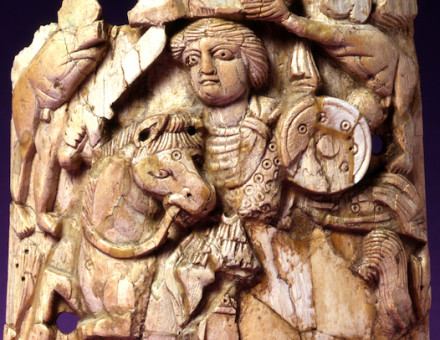White Supremacy: Who was to Blame?
The Boers, writes R.F. Currey, made a paramount gain during the peace that followed the South African war.
On May 31st, 1902, the Boer War came to an end. It had been threatening to become one of those wars with which we have since become familiar and that seem never to end. But after two-and-a-half years, Boer resistance at last gave way, though there was a hard core which wanted, and was fully prepared, to fight on.
So it was sadly agreed to follow the advice of the leaders who argued that considerations of humanity, and the very existence of the Boers as a people (the Afrikaners of today), demanded a willingness to surrender the independence of the two Republics.
Indeed, by 1902 the British public had grown rather ashamed of the Boer War. The first flush of patriotic enthusiasm had long since faded. Sc had the determination to show that Britain was ‘paramount’ in South Africa, as Joseph Chamber-lain, the Secretary of State for the Colonies, had put it to Parliament. War-weariness, as strong it Britain as on the South Africa veld, made the coming of Peace certain.





